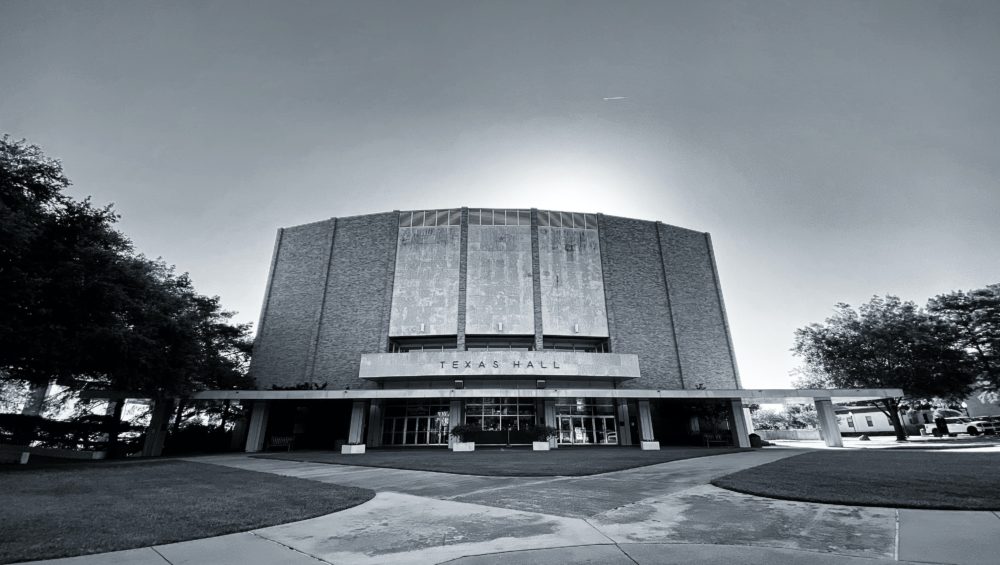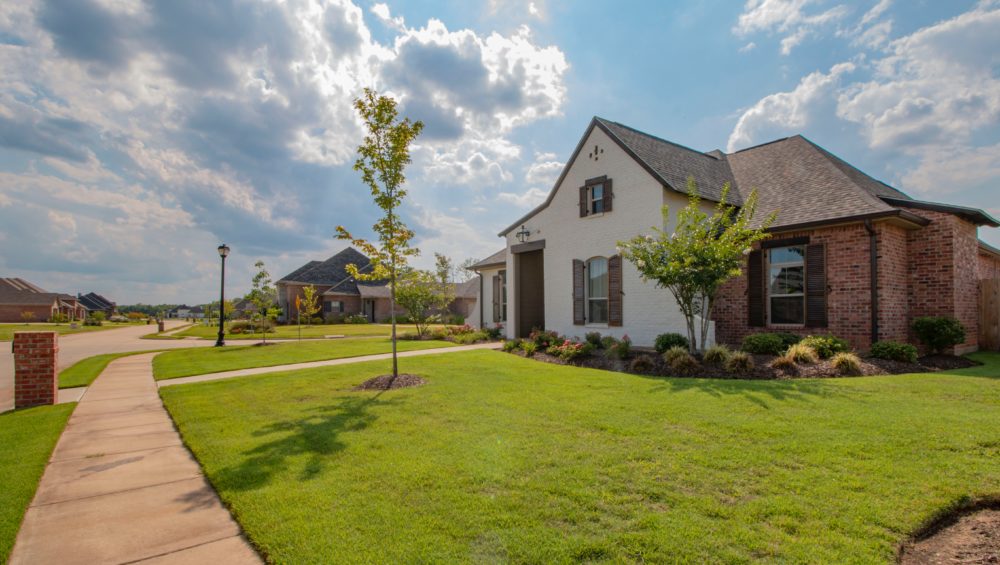Arlington, TX is a top rental market for SFR investors
Arlington, Texas is one of the most attractive single family rental markets in the country for a number of reasons. From its strong economy and thriving job market, to its abundance of entertainment and recreational opportunities, Arlington has a lot to offer both landlords and tenants.
One of the biggest factors that makes Arlington an attractive rental market is its strong economy and thriving job market. The city is home to a number of major employers, including the University of Texas at Arlington and the Arlington Independent School District, as well as several Fortune 500 companies. This means that there is a steady demand for rental properties, and landlords can expect to have little difficulty finding qualified tenants.
Another factor that makes Arlington an attractive rental market is its abundance of entertainment and recreational opportunities. The city is home to a number of popular attractions, including Six Flags Over Texas, the Dallas Cowboys Stadium, and the Texas Rangers Baseball Stadium. This means that there is always something to do and see in Arlington, making it an appealing place to live for both families and young professionals.
In addition to its strong economy and abundance of entertainment and recreational opportunities, Arlington also offers a high quality of life for its residents. The city has a number of excellent schools, as well as access to healthcare and other essential services. It is also home to a number of parks and green spaces, providing residents with plenty of opportunities to enjoy the great outdoors.
Overall, Arlington, Texas is one of the most attractive single family rental markets in the country due to its strong economy, thriving job market, and abundance of entertainment and recreational opportunities. This makes it an ideal location for landlords looking to invest in rental properties, a target for cash home buyers, and for tenants looking for a high quality of life.”















